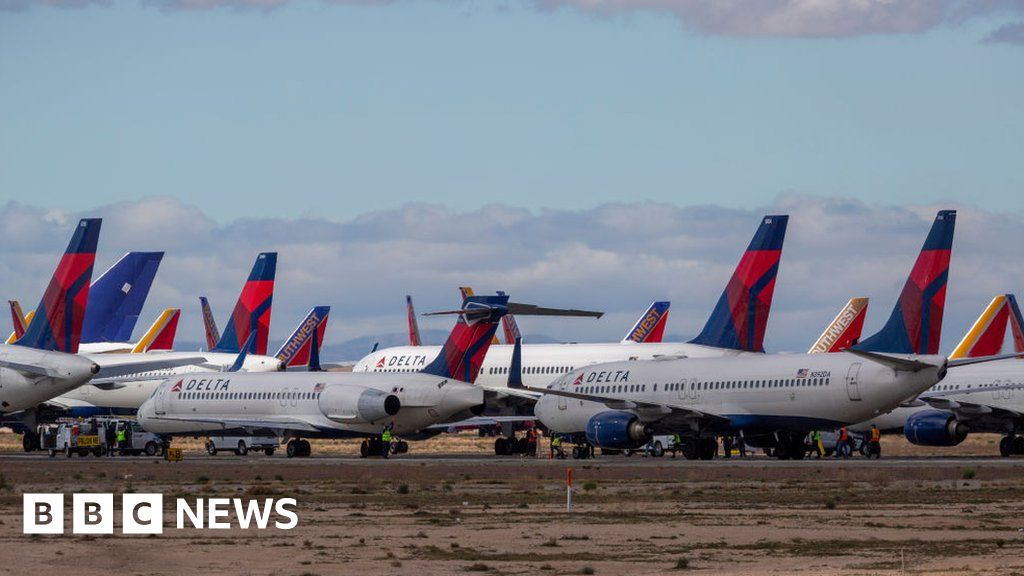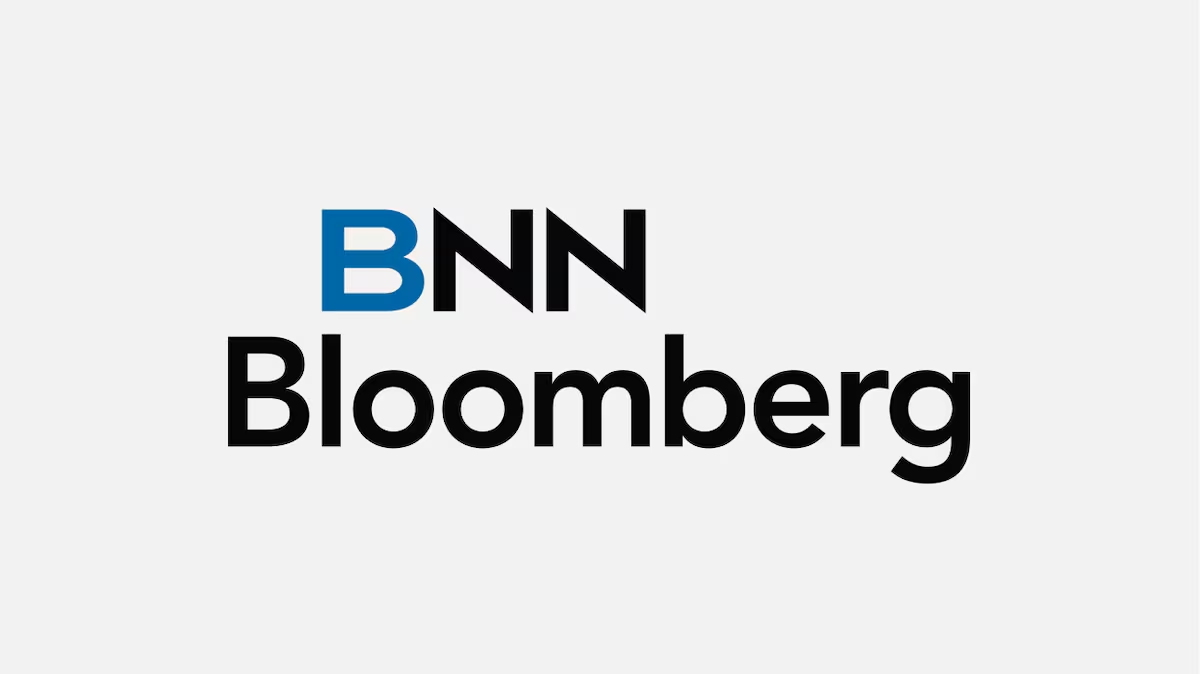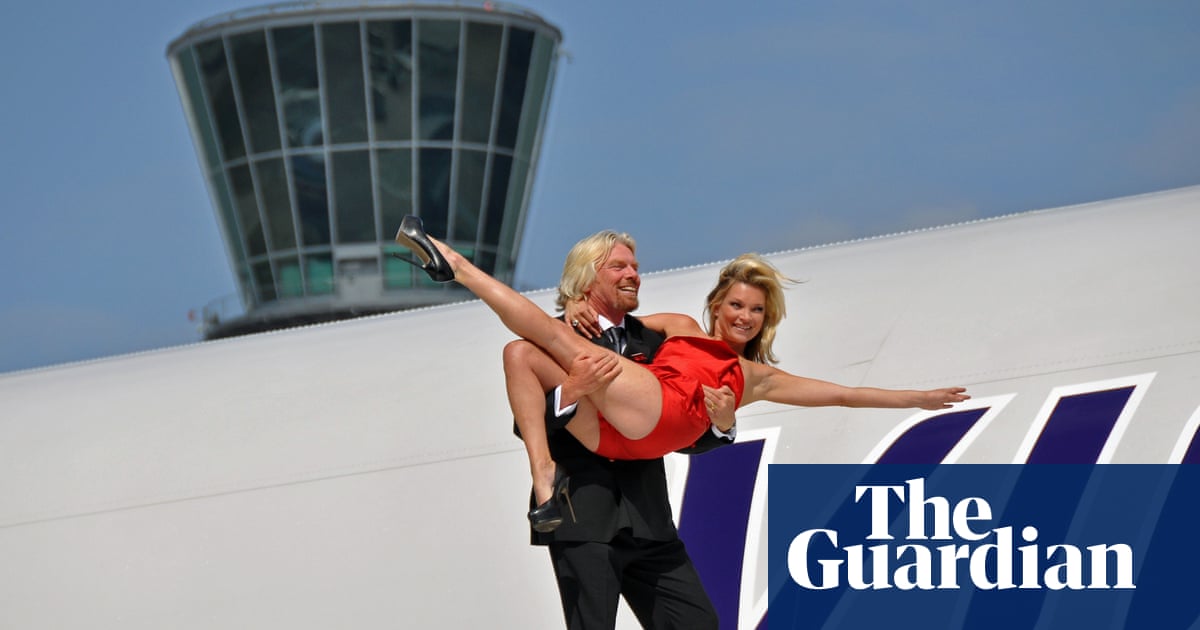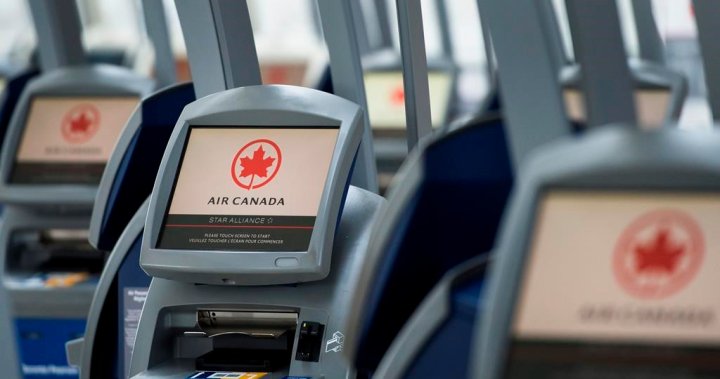The International Air Transport Association (IATA) is forecasting that air travel may return to pre-COVID-19 traffic levels in 2024.
For the rest of 2020, global passenger numbers are expected to decline by 55% compared to 2019.
According to the
IATA, recovery in short-haul travel is still expected to happen faster than for long-haul travel.
The 2024 recovery is a year later than previously projected as a result of a new June 2020 passenger traffic report.
Airline traffic, measured in RPK (revenue passenger kilometres) fell 86.5% compared to one year ago. That is only “slightly improved” from a 91.% contraction in May, according to the IATA.
The IATA says a more pessimistic recovery outlook is based on these recent trends:
- Slow virus containment in the US and developing economies: Although developed economies outside of the US have been “largely successful” in containing the spread of the virus, says the IATA, new outbreaks have occurred in these economies and in China. The report says there is “little sign” of virus containment in many important emerging economies, which represents around 40% of global air travel markets. Their continued closure, particularly to international travel, is what the IATA calls a “significant drag on recovery.”
- Reduced corporate travel: The IATA says corporate travel budgets are expected to be “very constrained” as companies continue to be under financial pressure. The survey says video conferences have made significant impacts as a substitute for in-person meetings and therefore reducing the need for corporate travel.
- Weak consumer confidence: As well as the risk of catching the virus, demand for VFR (visiting friends and relatives) and leisure travel is “weak,” in the face of concerns over job security and rising unemployment, says the IATA. The survey says 55% of respondents don’t plan on travelling at all in 2020.















